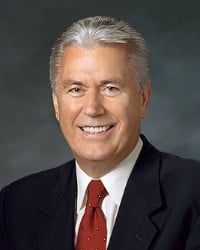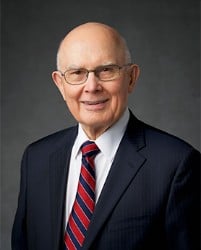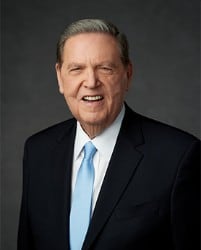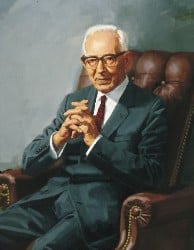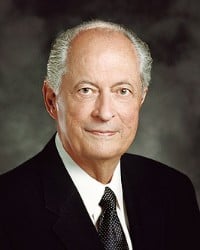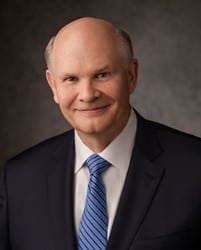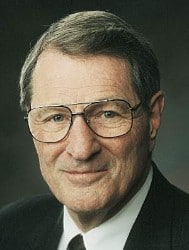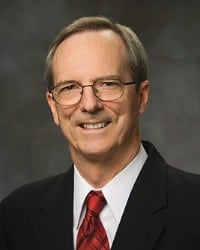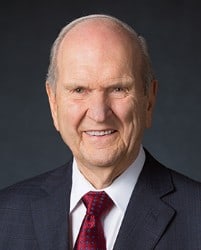When spiritually aligned, a poise can come, even when we do not know “the meaning of all things.” (1 Ne. 11:17) Such contented assurance produces not arrogance but quiet acceptance, which is its own form of being “anxiously engaged” but without all the bells and whistles (D&C 58:27; see also D&C 58:28).
However, this spiritual contentment rests on our accepting the Atonement of Jesus, because we “have come to a knowledge of the goodness of God, and his matchless power, and his wisdom, and his patience, and his long-suffering towards the children of men; and also, the atonement which has been prepared from the foundation of the world” (Mosiah 4:6).
Again, brothers and sisters, seeing Alma move from wanting to be a “trump” to being a humble “instrument” and from wanting to “shake the earth” to “perhaps [bringing] some soul to repentance” is a stunning transition! (See Alma 29:1.) Furthermore, isn’t it wonderful that we are permitted to grow, whether that growth is expressed in the space of nine verses or in a lifetime?
Elder Neal A. Maxwell
| “Content with the Things Allotted unto Us,” Ensign, May 2000, p. 72
Topics: Atonement, Repentance
